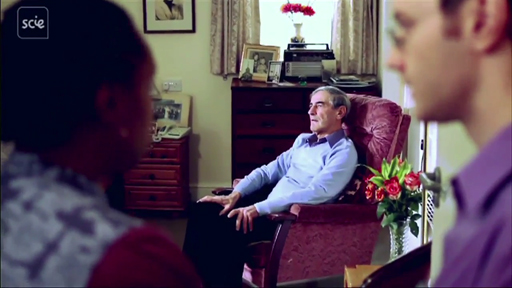3.4 Other types of decisions and supports
Other decision-making processes exist, the most common of which are: best interests decisions, advance decisions, appointees, deputies and lasting powers of attorney. A brief description of each is provided in Table 2.
| Best interests decision | A best interests decision is, as the name suggests, made in the person’s best interests. One person’s best interests may differ from another’s. Best interests apply to decisions about finance, personal welfare and health care. A best interests assessor should be the most appropriate person involved in that decision except where a lasting power of attorney is in place. |
| Advance decision | An advance decision is a refusal of specific medical treatment in certain circumstances. It can be made by anyone over 18 who has the mental capacity to make the decision. |
| Appointee | If an adult does not have property or savings, their finances can be managed by someone called an appointee. Or, in Scotland a court appointed guardian under a guardianship order. |
| Deputy | A deputy is appointed by the Court of Protection and has legal authority to make particular decisions for someone who lacks capacity. This can be for a one-off decision or to take ongoing responsibility for making decisions on a person’s behalf. A deputy is necessary for property and for complex financial matters and may be necessary for personal welfare where a series of decisions is needed over time or where family members and health and social care services disagree. Scottish law provides for short-term or occasional (and thus generally less invasive) interventions by anyone with an interest in the property, financial affairs or personal welfare of the adult with incapacity. There are safeguards. For example the views of the ‘named person’ The Public Guardian also supervises any person operating under the authority of an intervention order. |
| Lasting power of attorney | A person who has capacity can chose someone ahead of time to be their attorney with a lasting power of attorney. This person can then make decisions on their behalf should they lose capacity in the future. This could be decisions about their property and affairs or about their health and welfare, or both. |
| Independent mental capacity advocate | Someone who has been specially trained to represent and support people who are not able to make certain decisions and do not have family or friends who are able to speak for them. They provide information to make sure the decision is made in the person’s best interests. |
One further decision-maker is that of the independent mental capacity advocate. The video below illustrates what an independent mental capacity advocate does. It shows how one advocate decided how best to proceed when someone he was supporting was having difficulty eating.

Transcript: The role of the Independent Mental Capacity Advocate
In summary, there are various decision-making processes that support and protect people who may lack capacity to make certain decisions.
